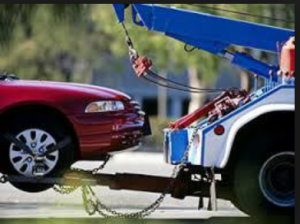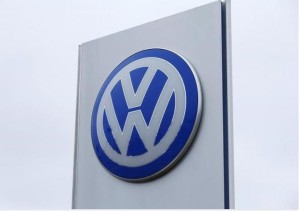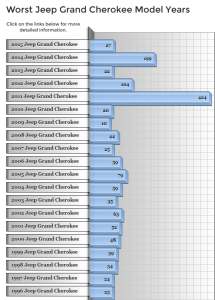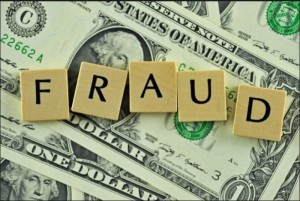THE REMEDIES PROVIDED IN THE NEW JERSEY CONSUMER FRAUD ACT ARE CUMULATIVE AND, IN ADDITION TO ANY REMEDIES CONTAINED IN THE UNIFORM COMMERCIAL CODE, THUS THE CLAIMS ARE NOT MUTUALLY EXCLUSIVE
The rights provided under the New Jersey Consumer Fraud Act are in addition to any other statutory or common law rights. N.J.S.A. 56:8-2.3 which provides as follows:
The rights, remedies and prohibition accorded by the provisions of this Act are hereby declared to be in addition to and cumulative above any other rights, remedies or prohibition accorded by the common law or statutes of this State, and nothing contained herein shall be construed to deny, abrogate, or impair any such common law or statutory right, redress or prohibition.
The clear intent of the New Jersey Consumer Fraud Act was to provide consumers with additional and cumulative remedies and in no way curtail their remedial opportunities for the redress of fraud and other unconscionable practices afforded by any other statute or common law. Cybul v. Atrium Palace Syndicate, 272 N.J. Super. 330, 335 (App. Div. 1994).
In Cybul, the Appellate Division held that the plaintiff could maintain a cause of action under an administrative scheme wherein there was no direct provision for a cause of action to the plaintiff. In Lemelledo v. Beneficial Management, 150 N.J. 255 (1997), a watershed case, the New Jersey Supreme Court held that the plaintiff could maintain a private cause of action in addition to a statutory scheme which provided the plaintiff only a return of premiums paid under the policy. The New Jersey Supreme Court held that: “The CFA simply complements those statutes, allowing for regulation by the Division of Consumer Affairs and a private cause of action to recover damages. The damages cause of action in no way inhibits enforcement of other statutes, because a Court can assess damages in addition to any other penalty to which a defendant is subject.” Continue reading ›
 New Jersey Lemon Law Lawyer Blog
New Jersey Lemon Law Lawyer Blog








